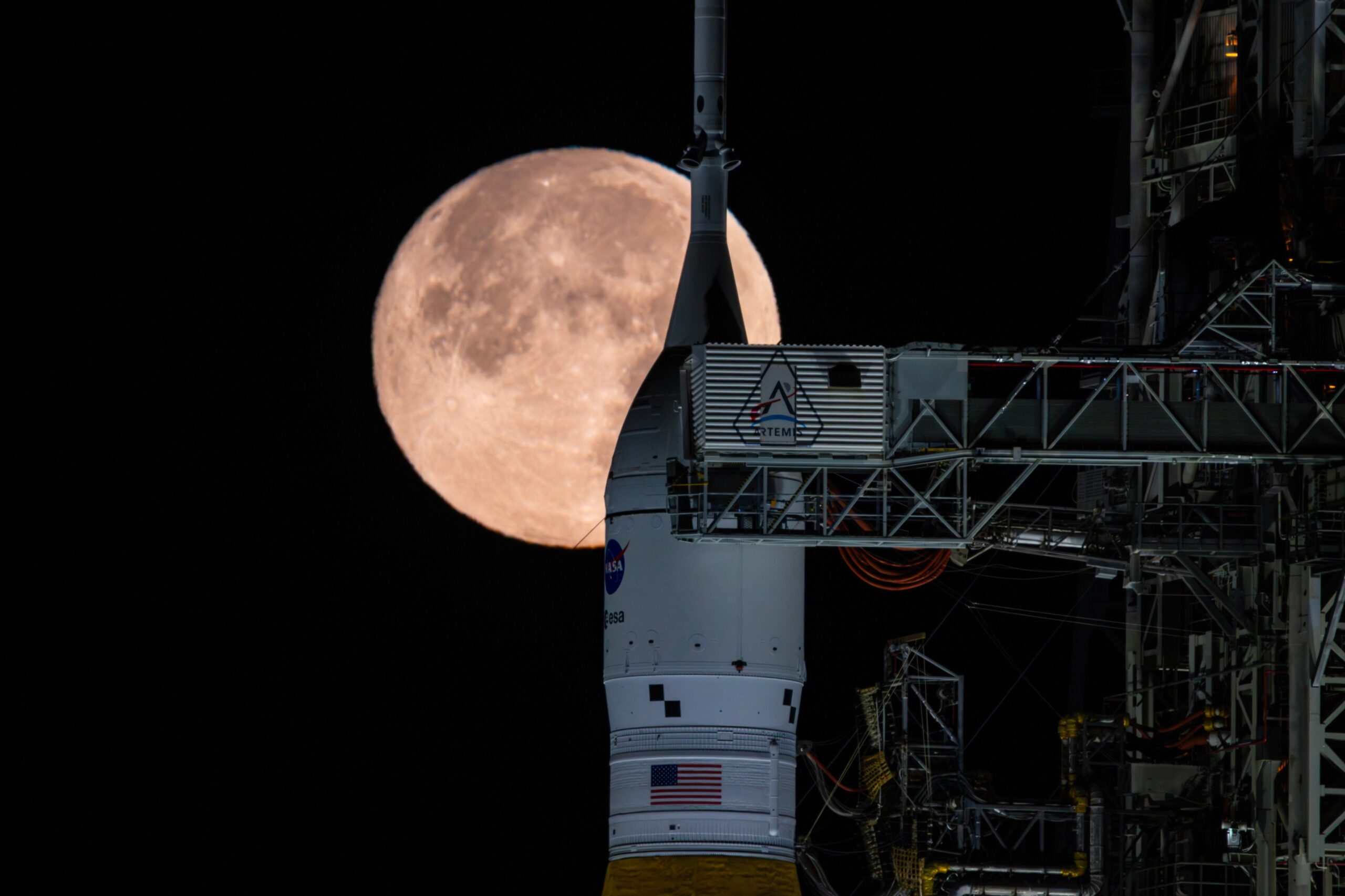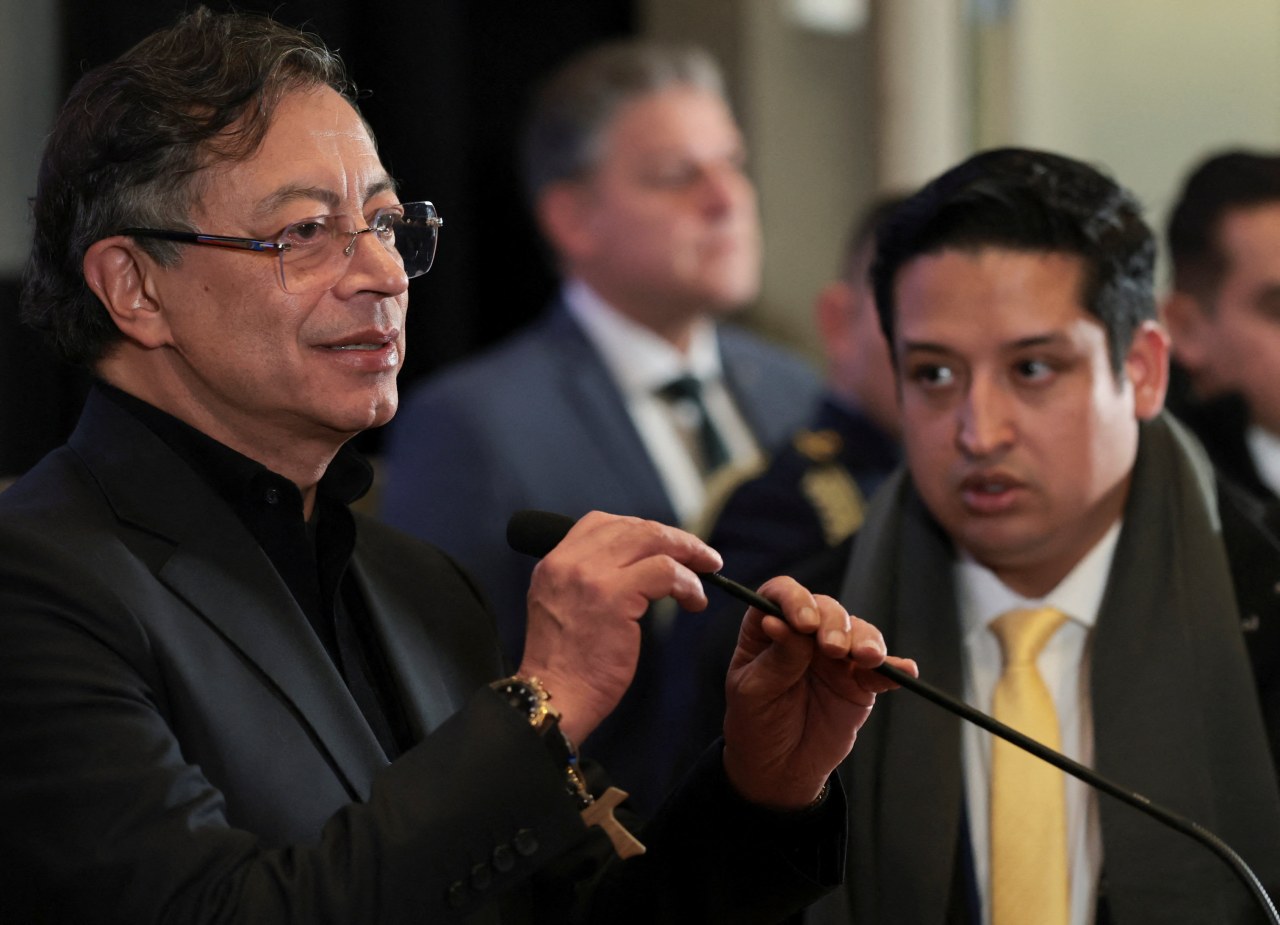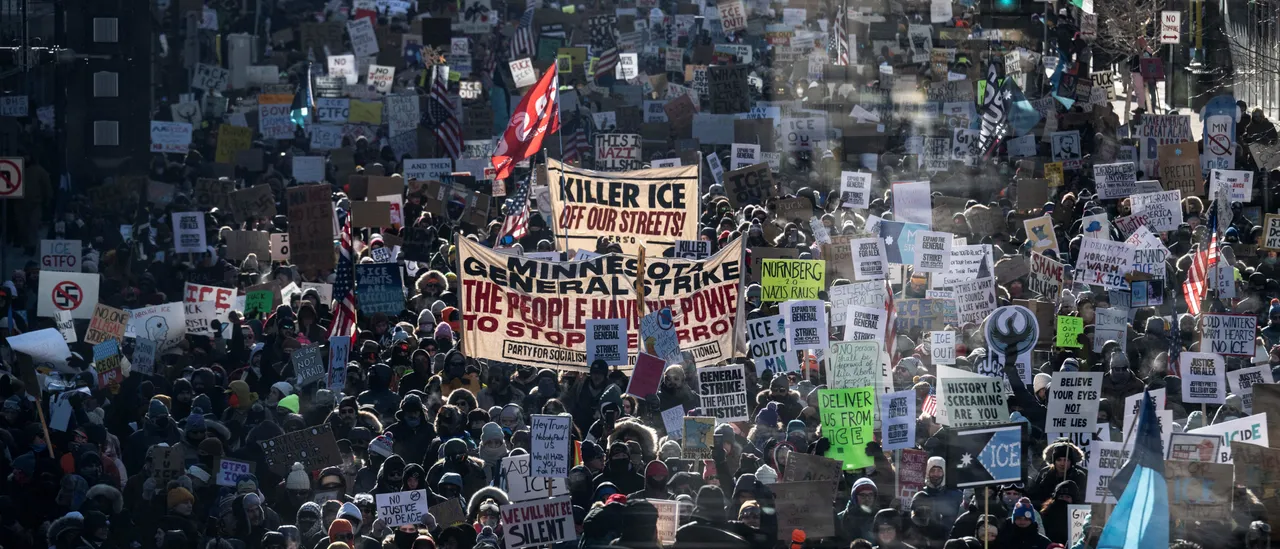
The rise of artificial intelligence (AI) is prompting serious concerns about its potential to distort historical narratives. Issues such as deepfake technology, opaque algorithms, and academic decline threaten to reshape society’s understanding of its past. As AI becomes more integrated into various sectors, the implications for how history is recorded and interpreted are profound.
Deepfakes and Misinformation
Deepfake technology, which uses AI to create hyper-realistic fake videos and audio, poses a significant threat to the integrity of historical records. According to a report from the University of Washington published in March 2023, the proliferation of deepfakes can lead to the misrepresentation of key historical events and figures. This raises concerns not only about misinformation but also about the potential for social unrest as individuals may be misled by altered perceptions of reality.
For instance, a deepfake video that suggests a public figure made controversial statements can quickly circulate on social media, influencing public opinion and undermining trust in credible sources. The ramifications extend beyond the realm of entertainment and into the fabric of societal discourse, complicating how history is understood and taught.
The Role of Algorithms
The algorithms that power AI systems often operate under conditions of opacity, making it challenging to scrutinize their decision-making processes. This lack of transparency can result in biased outputs that distort narratives. A study from Stanford University highlights that algorithms trained on unverified data can perpetuate existing biases, leading to a skewed representation of historical facts.
As academic institutions grapple with these issues, there is growing concern about the decline in traditional historical scholarship. If reliance on AI-generated content continues to grow, scholars may prioritize technological tools over rigorous research methods. This shift could diminish the quality of historical analysis and interpretation, leading to a generation less equipped to critically evaluate sources.
Employment and Economic Impact
The integration of AI into various job sectors also raises questions about the future of employment in fields related to history and education. According to the World Economic Forum, it is estimated that by 2025, over 85 million jobs may be displaced by AI technologies, particularly in roles that involve data analysis and content creation. As automation takes over these tasks, the demand for human historians and educators may decline, further impacting how history is transmitted to future generations.
The fear of job losses is not limited to historians alone; educators may find themselves needing to adapt to new teaching methodologies that incorporate AI tools. This adaptation requires significant investment in training and resources, which could strain academic institutions already facing budget constraints.
In light of these developments, scholars, educators, and policymakers must engage in discussions about the ethical implications of AI. As technology continues to evolve, it is essential to establish frameworks that ensure the integrity of historical narratives while leveraging the benefits of AI.
The intersection of AI and history presents both challenges and opportunities. While AI has the potential to enhance research capabilities and accessibility to information, it is crucial to remain vigilant about its impact on how society understands its past. As we advance further into this new era, the collective responsibility lies in safeguarding historical accuracy and fostering critical thinking skills among the public.
In conclusion, as AI technologies continue to evolve, the implications for historical narratives and societal understanding are significant. Balancing innovation with ethical considerations will be essential in preserving the integrity of our collective history.







